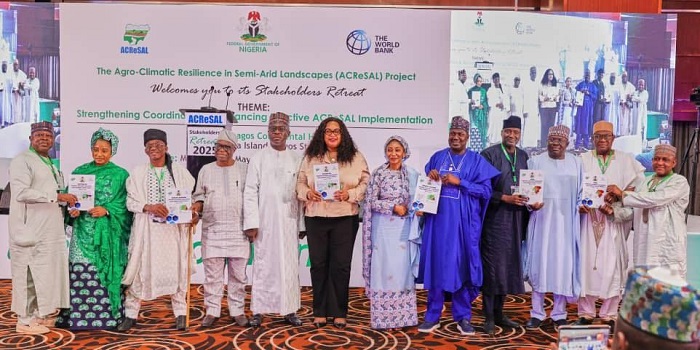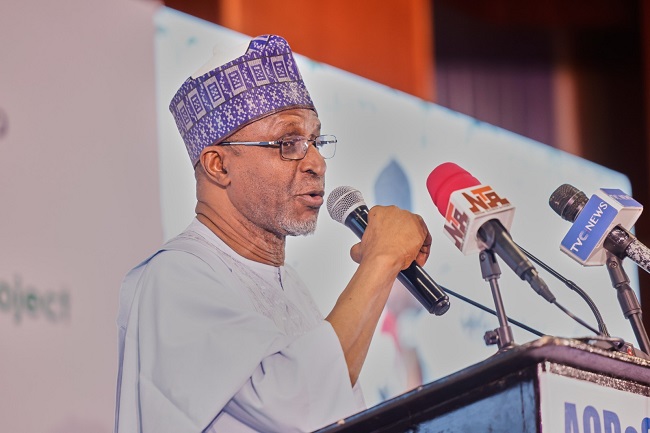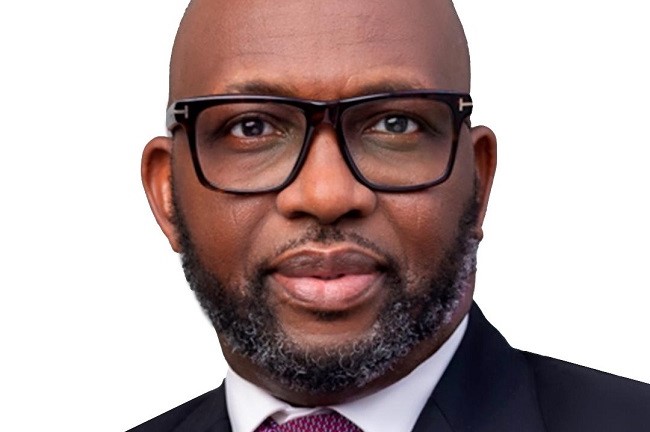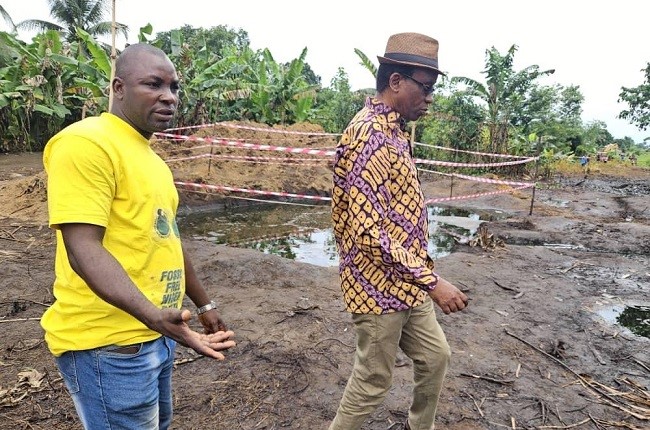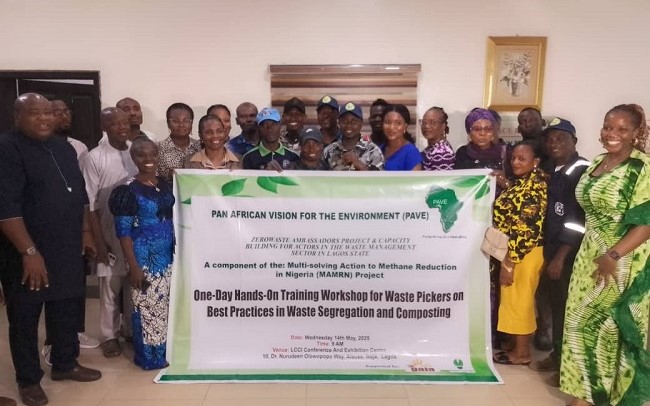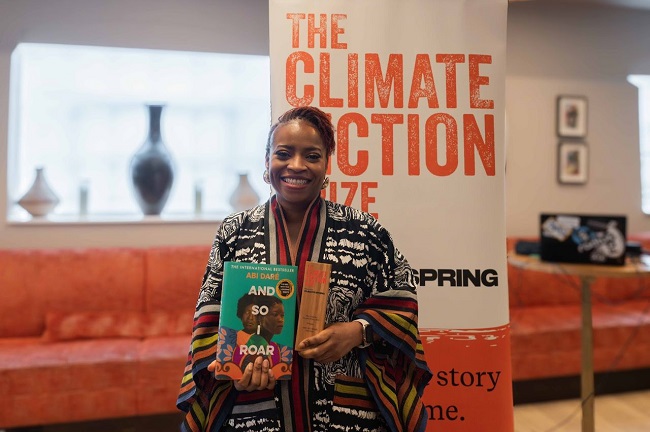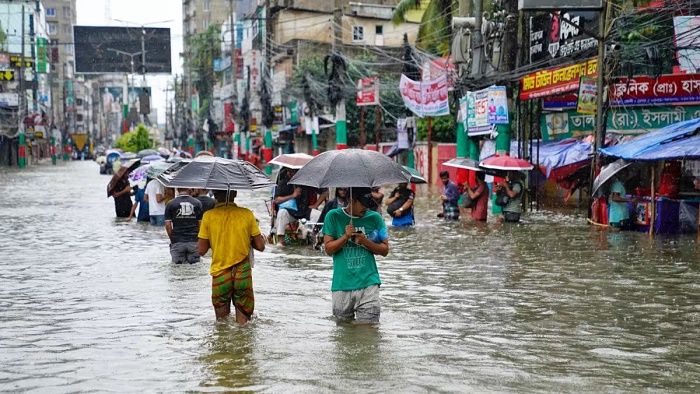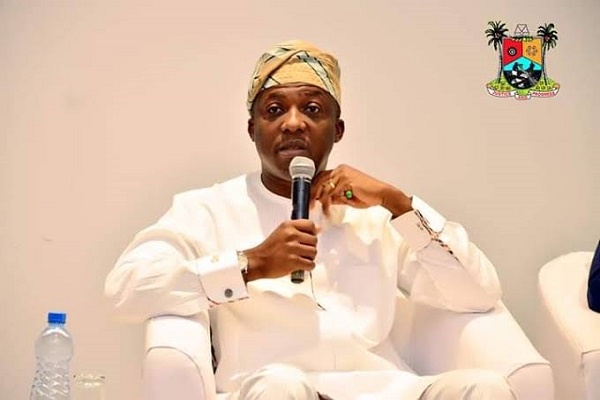The Director-General, National Emergency Management Agency (NEMA), Mrs. Zubaida Umar, has announced a nationwide awareness and grassroots engagement campaigns reoccurring of disasters in the country
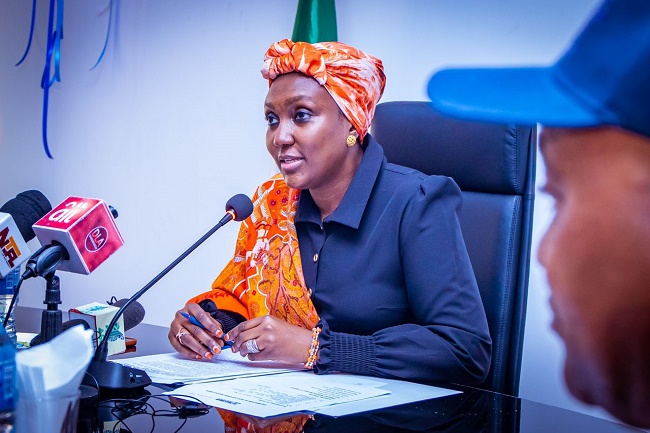
Umar announced this at a stakeholder’s workshop on the 2025 National Preparedness and Response Campaign (NPRC) on Flood Disaster and Related Hazards in Abuja on Thursday, May 15.
She said that downscaling the prediction to the grassroots was necessary.
The DG stressed that disaster response should not be seen solely as NEMA’s responsibility but should be seen as everybody’s business.
“All disaster is local. We should be able to say that when there is a disaster in a particular place, the community should be able to take charge.
“NEMA is deploying teams to all states to take the early warning message to the grassroots.
“I call for the support of traditional institutions, religious groups, women, youth, and the media in spreading awareness. Ensure that no one is left behind in the campaign against floods,” she said.
Umar painted a vivid picture of the devastating impact of annual floods in Nigeria –loss of lives, destruction of infrastructure worth billions, and shattered livelihoods.
She emphasised that these recurring disasters were a wake-up call for collective action.
The NEMA boss detailed the disaster risk management implications for 2025 to include unpredictable rainfall patterns, severe dry spells, and above-average temperatures.
She said that they all threatened key sectors from agriculture and healthcare to transportation and energy.
On the latest rainfall and flood forecasts from the Nigerian Meteorological Agency (NiMET) and the Nigeria Hydrological Services Agency (NIHSA), Umar outlined NEMA’s comprehensive preparedness plan.
This, according to her, includes vulnerability mapping, early warning systems, and targeted communication to at-risk communities.
“We have produced vulnerability maps for all communities at risk to guide governments at all levels.
“NEMA is rolling out mitigation strategies such as capacity building for local responders, rainwater harvesting, infrastructure integrity tests, and community-based information sharing.”
The D-G expressed hope that the collaborative efforts launched would help reduce the impact of annual floods and safeguard the livelihoods of millions.
She said that these would align with the Federal Government’s Renewed Hope Agenda under President Bola Tinubu
Responding to questions by participants, Umar emphasised that NEMA’s relationship with NiMet was not just about following directives but about a robust, collaborative partnership.
She explained that preparations for potential disasters didn’t begin with the recent report from the Nigerian Space Agency (NISA), but rather, it had been ongoing since NiMet’s early warnings.
“The agency has translated emergency messages into various local languages and, in partnership with the National Orientation Agency (NOA), has broadcasted jingles on local radio stations to raise awareness and preparedness.
Umar also highlighted recent successes, such as the establishment of functional local emergency management committees in Kaduna State, with plans to replicate this model nationwide.
She called on the media and state governments to play active roles in disaster preparedness.
This, she said, would be by ensuring that communities were not left waiting for national intervention but ready to respond effectively at the grassroots level.
Mr. Idris Mohammed, Director, Disaster Risk Reduction Department, NEMA, said the occasion, was not just a meeting but a call to action.
He added that it was a call to collective effort to address one of Nigeria’s most pressing challenges, the threat of flood disasters and related hazards.
Mohammed highlighted the critical need for effective preparedness and response strategies to safeguard communities, livelihoods, and infrastructure from the devastating impacts of floods.
“The focus today is clear. It is to enhance Nigeria’s flood preparedness and response capabilities through collaboration and innovation.
“The room echoed with ideas and experiences, as experts and stakeholders worked together to develop a roadmap for reducing risks and building resilience,” he said.
Mohammed expressed deep gratitude to all participants for their expertise and commitment.
“Your contributions to disaster risk reduction and the building of national resilience in the face of multi-hazard outlook in Nigeria are extremely invaluable,” he added.
By Philomina Attah

